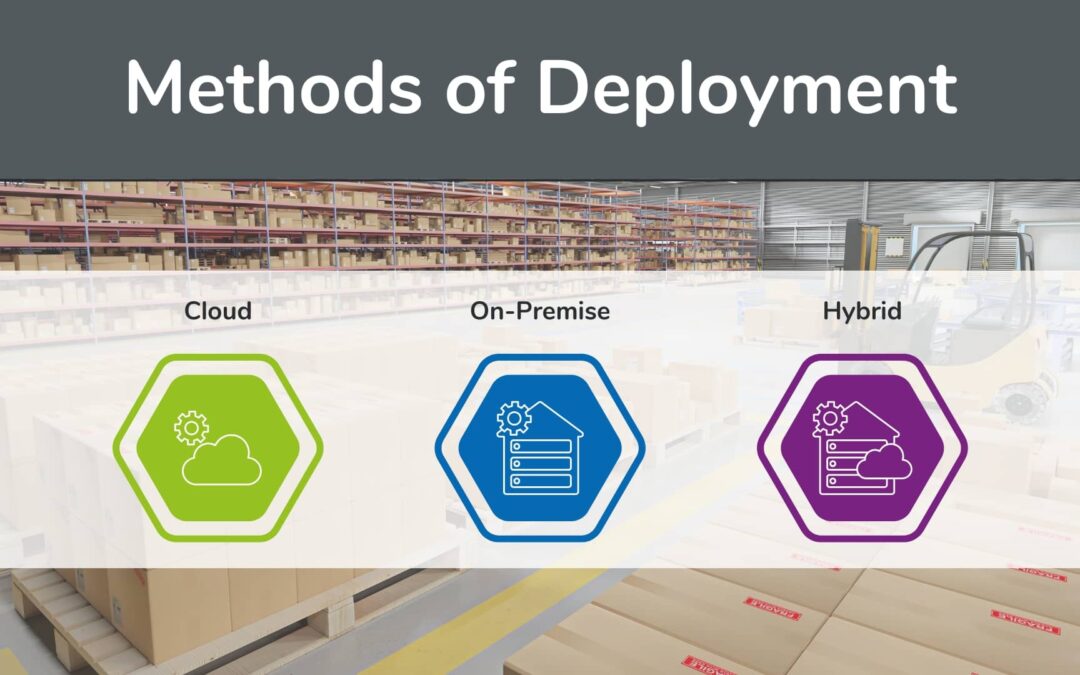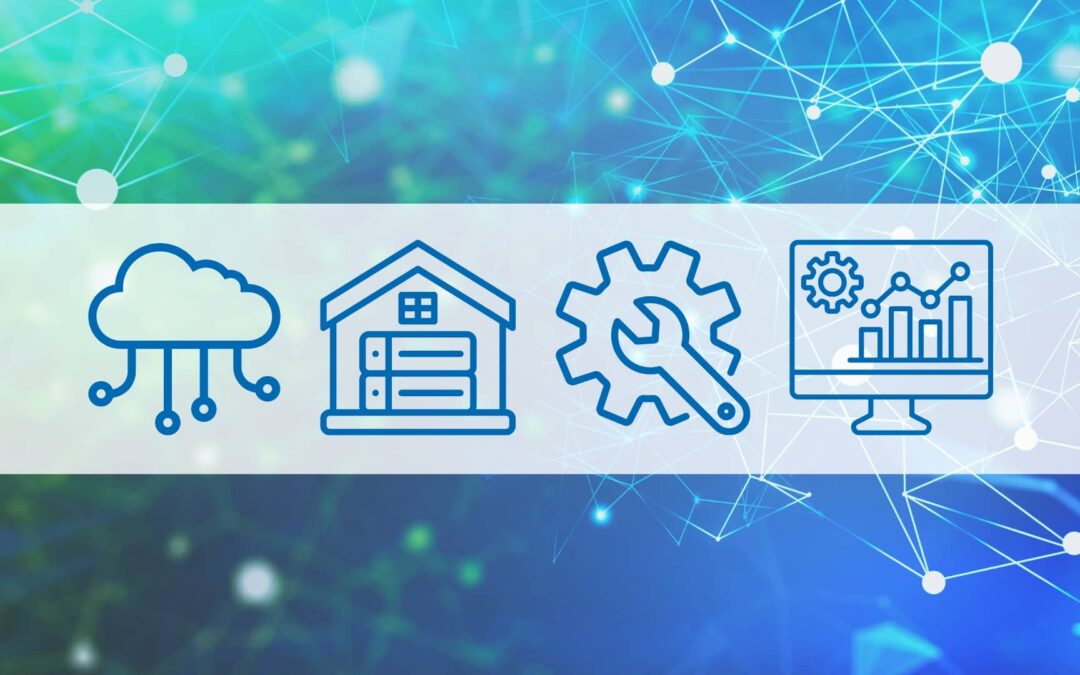Epicor Kinetic’s SQL to BAQ Generator simplifies data analytics and streamlines workflows by converting SQL queries into intuitive, easy-to-use BAQs.


Epicor Kinetic’s SQL to BAQ Generator simplifies data analytics and streamlines workflows by converting SQL queries into intuitive, easy-to-use BAQs.

Manufacturing businesses face complex challenges that require tailored solutions. Epicor manufacturing ERP software stands out by offering features designed to meet the unique needs of the manufacturing sector. In this blog, we will explore the standout features of Epicor Kinetic ERP and how they benefit manufacturers.

Every business experiences growth and change, and it’s important that the tools you use can adapt to these shifts. One of the most versatile solutions available is Epicor Kinetic ERP, designed to support businesses as they evolve.
Bruce Rock Engineering shined at the recent Epicor Insights ANZ Conference 2024 taking out the Manufacturing Champion Award 2023. BRE’s strategic decision to implement Epicor Kinetic two years ago has transformed their operations, propelling them to greater efficiency and competitiveness.
ERP migration is a transformative process that can propel businesses toward greater efficiency and competitiveness. By adopting a strategic approach and leveraging the expertise of an ERP implementation partner, companies can navigate the complexities of migration, ensuring a smooth transition from legacy systems to modern ERP solutions.
In the ETO manufacturing industry, where customisation and precision are paramount, an ETO ERP solution is an indispensable tool for achieving excellence and staying competitive by providing better visibility and control over all aspects of manufacturing.
Choosing the right Engineer-to-Order software is vital for ETO manufacturers due to the unique challenges of custom product development. A tailored ETO ERP solution like Epicor Kinetic ERP ensures manufacturers can adapt quickly to design changes, meet strict deadlines, and manage variances without compromising quality.
ERP migration is a transformative process that can propel businesses toward greater efficiency and competitiveness. By adopting a strategic approach and leveraging the expertise of an ERP implementation partner, companies can navigate the complexities of migration, ensuring a smooth transition from legacy systems to modern ERP solutions.
Integrating BI and data analytics with an ERP system supercharges an organisation’s ability to harness data for strategic advantage. When the power of visual storytelling is factored in, the convergence of these technologies is not just beneficial, but transformational for enterprises.
Workforce constraints stand out as one of the top bottlenecks hindering productivity and growth. However, with the advent of advanced technology like ERP systems, manufacturers now have a powerful tool to overcome these challenges.
There’s no denying the business-changing potential of ERP powered by Industry 4.0 technology, and optimised user interaction is essential for maximising an ERP’s business benefits. Discover ways to address the ERP UX challenges of Industry 4.0 technologies and explore the Industry 5.0 shift towards user-centric design shaping the future of ERP.
ERP systems are designed to handle the complexities of managing operations across multiple countries. Their advantages allow businesses to operate more seamlessly in international markets, ultimately contributing to their success on a global scale.
By adopting disciplined asset management practices and leveraging ERP software with advanced asset management functionality, businesses can unlock the full potential of their assets, mitigate risks, and capitalise on growth opportunities.